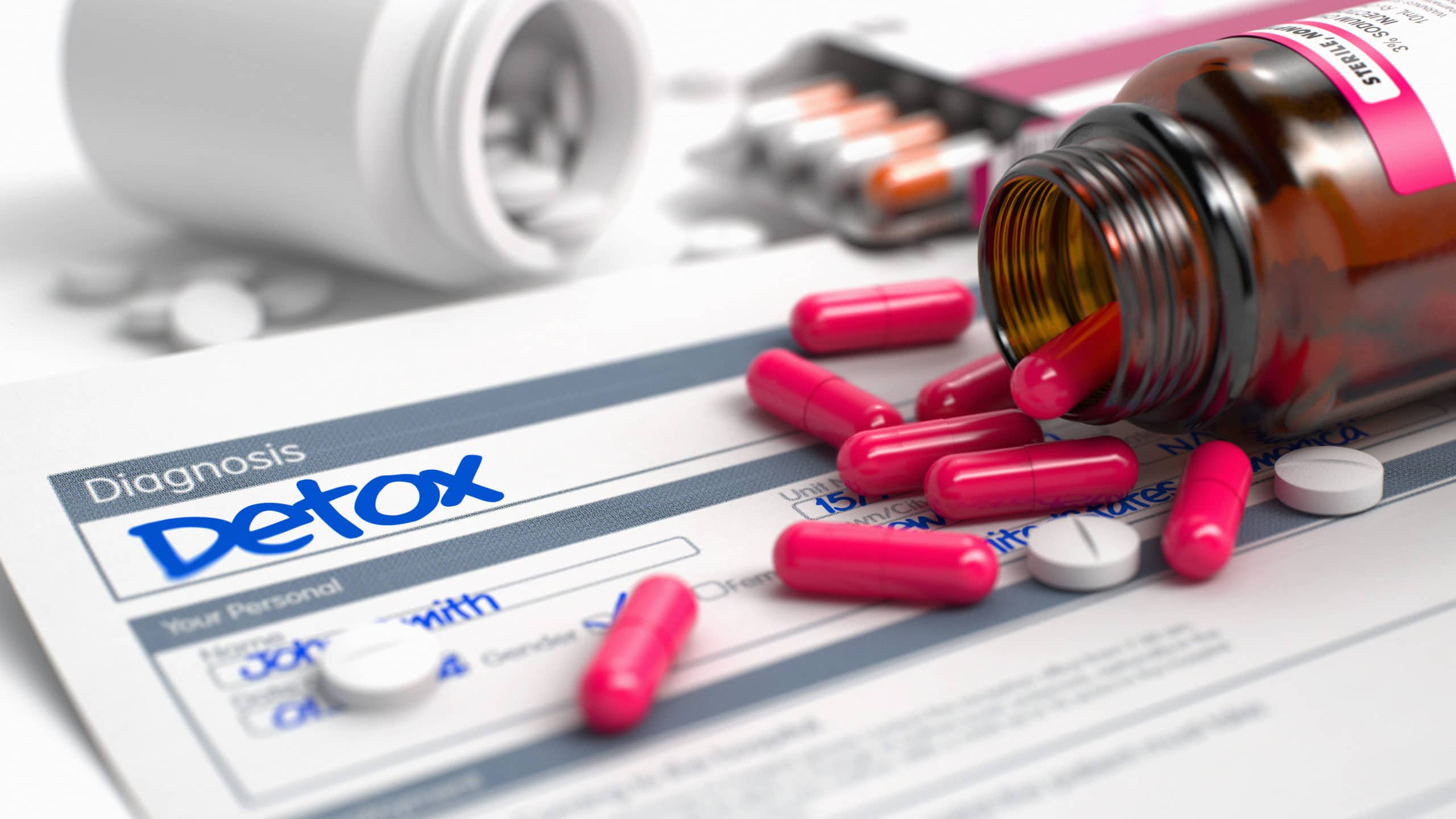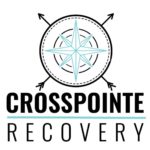Updated 06/09/2022
Choosing to seek addiction treatment can be scary and challenging. The impacts of long-term substance abuse on the body and mind can make sobriety and recovery seem challenging to attain, but recovery is possible with proper support. How to find the best inpatient detox near me? The first steps of the addiction treatment process can seem daunting, especially if you try to accomplish them without seeking the help of addiction treatment professionals at an inpatient detox center like Crosspointe Recovery in Sherman Oaks, California.
If you need FREE help please contact the National Helpline about mental and/or substance use disorders, prevention, treatment, and recovery in English and Spanish.

What Is Inpatient Detox?
When you begin addiction treatment, the first and most essential step is detox. Detox is a crucial step required to cleanse your body of any substances. Only after your system is clear can you fully immerse yourself in an alcohol and drug treatment program. The severity of the symptoms experienced during detox will depend on the duration of your addiction, the substance (or substances) you have been using, and your individual physical and mental health.
When you enter an inpatient detox program, there are a few elements you should expect. The first is the intake process. During intake, a member of our treatment team will conduct a thorough evaluation. The purpose of this is to determine what type of support you will need during the early stages of detox, and once you begin your addiction treatment program. Another important element is to determine the presence of any pre-existing physical or mental health conditions, as these should be treated at the same time as your addiction to help ensure the best chance for recovery and long-term success.
During inpatient detox, you will receive full medical support throughout the process. This level of medical and emotional support is one of the hallmarks of an inpatient detox program. During detox, your health and well-being will be monitored at all times. Depending on the severity of your withdrawal symptoms, you may receive medications to help manage any discomfort you may have. You can also expect to have your vitals, including blood pressure, heart rate, temperature, and breathing monitored regularly.
The goal of inpatient detox is to ensure you are supported, physically, and mentally, throughout the detox process. Such support and monitoring in an inpatient setting help increase the chances of success in treatment while reducing the chances of relapse due to the inability to manage withdrawal symptoms. It also helps to ensure you can safely complete detox by reducing the chances for any medical emergencies that could arise during “cold turkey” detox.
The Importance of Detoxing at a Professional Facility
Withdrawal symptoms are part of the detox process for everyone; however, the intensity and duration of these symptoms will vary from person to person. For some, withdrawal may consist primarily of mild symptoms that can be easily managed, but for others, the process can bring about severe, sometimes fatal, symptoms. This is especially true with detoxing from specific substances, including alcohol, opioids, and benzodiazepines. For these reasons, it is essential to detox at a professional inpatient detox facility. Although the most severe symptoms occur in a small percentage of cases, timely medical assistance may not be possible if you detox at home. At a professional facility, medical supervision is available at all times should any severe symptoms arise.
Detoxing at home?
Whether you’re addicted to drugs or alcohol, it’s dangerous to attempt to detox on your own. Not only is there a higher chance of relapsing back into substance use, but there are also health risks associated with detoxing without medical supervision. Some withdrawal symptoms are so severe that they can damage your health or even cause death if not addressed immediately. Quitting “cold turkey” or without medical supervision can lead to serious issues such as seizures and severe dehydration. People with severe addictions should seek inpatient detox because withdrawal can be fatal. Inpatient detox includes 24-hour support and monitoring.
If you’re ready to kick your addiction to drugs or alcohol, then it’s time to contact our team at Crosspointe Addiction Recovery Rehab. Our luxurious facilities located in California ensure your detox is done in the safety and seclusion of our luxurious surroundings.

Drug and Alcohol Inpatient Detox Programs
The average duration of detox at Crosspointe Addiction Recovery Rehab is usually between 5 to 14 days, depending on your individual need and substance abuse. We offer treatment options for:
Inpatient Alcohol Detox
Withdrawal symptoms of alcohol abuse can be challenging if not life-threatening. Severe alcohol withdrawal reactions include extreme confusion, severe alcohol cravings, fever, hallucinations, and seizures. Our treatment goals aim to address these symptoms, prevent current or future health issues and address abstinence. How long it may take you to detox from alcohol depends on the length of your addiction. Often, treatment extends beyond several days- if the patient’s condition is severe. Although extreme symptoms subside after just several days, some patients may still experience some symptoms seven to ten days after their last drink.
Inpatient Opiate Detox
Patients detoxing from opiates usually go through two phases of withdrawal. The first set of symptoms includes excessive tearing, cramping, paranoia, anxiety, body aches, sweating, yawning, and insomnia. Later withdrawal symptoms include rapid pulse, nausea, diarrhea, abdominal cramping, goosebumps, rapid pulse, and increased blood pressure. Symptoms from short-acting opiates such as heroin usually begin showing within 12 hours of last use. Longer-acting drugs like methadone result in withdrawal symptoms starting just 30 minutes after previous exposure.
Inpatient Benzodiazepine Detox
Seizures are one of the most dangerous symptoms of benzodiazepine withdrawal and could be deadly without proper supervision. Other symptoms include insomnia, anxiety, irritability, headaches, sensory distortions, heart palpitations, psychosis, tremors, hallucinations, nausea, and dry retching. Recovering from benzodiazepine addiction is a process, so we offer emotional as well as medical support. Without medical supervision, attempting to detox from benzodiazepine can be life-threatening.
Inpatient Stimulant Detox
This process is usually not life-threatening. Symptoms vary from patient to patient and are based on factors such as tolerance and metabolism. When detoxing from stimulants, withdrawal symptoms appear within a couple of hours to a couple of days after last use. More severe psychological symptoms can last up to a few weeks or months after quitting.
Inpatient Marijuana Detox
Marijuana withdrawal is not typically life-threatening. Symptoms usually begin 24 hours after last use and can last up to two weeks. Symptoms of marijuana withdrawal include fear, anxiety, irritability, restlessness, poor appetite, poor sleep, and more.
Inpatient Heroin Detox
Heroin is an opiate. Therefore, symptoms and recovery times are identical to those of opiate detoxification. Patients detoxing from opiates usually go through two phases of withdrawal. The first set of symptoms includes excessive tearing, cramping, paranoia, anxiety, body aches, sweating, yawning and insomnia. Later withdrawal symptoms include rapid pulse, nausea, diarrhea, abdominal cramping, goosebumps, rapid pulse, and increased blood pressure. Symptoms from short-acting opiates such as heroin usually begin showing within 12 hours of last use. Longer-acting drugs like methadone result in withdrawal symptoms starting just 30 minutes after previous exposure.

How to Find TheBest Inpatient Detox Center Near Me?
If you seek detox services and addiction treatment (or are helping a loved one), you may feel overwhelmed and unsure of where to start. There are several things you can do to find detox services near you:
- Type of treatment: What type of inpatient treatment do you need based on the level of care needed as assessed by your doctor or treatment professionals. You may choose a 7-10-day detox program, or a 30-day, 60-day, or 90-day rehab program.
- Location: Consider the coed rehab center’s location and if you prefer to enter treatment in a totally new environment or close to home.
- Substances treated: Find out whether the inpatient rehab program treats the specific substance you have been suffering from.
- Insurances & Cost: Consider the cost of inpatient rehab centers and how you’ll pay for it (insurance, scholarships, financing). Inpatient rehabs are typically more expensive than outpatient, but they also provide various key levels of care and medical support.
- Certifications and credentials: Check what are the credentials of the facility and staff.
- Facility specific: Look at the drug rehabilitation facility’s philosophy and decide if it’s what you’re looking for (co-ed facility or gender-specific facility, 12-Step, evidence-based, faith-based) and aligns with your own personal beliefs and needs.
- Aftercare: Make sure they offer relapse prevention and aftercare planning, which may be helpful in maintaining sobriety after you leave treatment.
- Personal health & wellbeing: Consider your individual needs when choosing a drug and alcohol abuse treatment facility, including mental and physical health needs.
- Amenities: Inpatient rehabs offer various amenities depending on the facility and individual needs. These can vary from basic to luxury amenities.

Inpatient detox facilities provide the best and most successful path to sobriety and long-term recovery. In the right environment with the appropriate treatment options, therapy opportunities, and staff, your detox can be more successful than would be possible when trying to detox alone. At our luxury inpatient detox in Sherman Oaks, California, you can expect upscale amenities, high-quality service, and highly trained, compassionate treatment professionals, who are here to help you reach your goals. If it is time to begin your path to sobriety, contact Crosspointe Recovery today to learn more about our inpatient detox services.



















